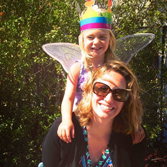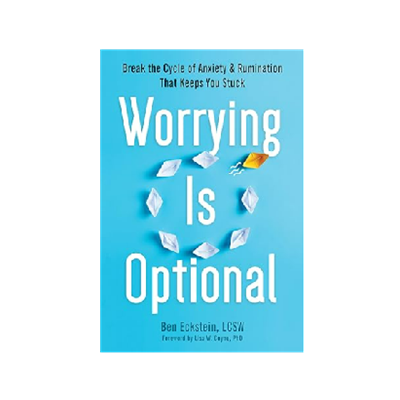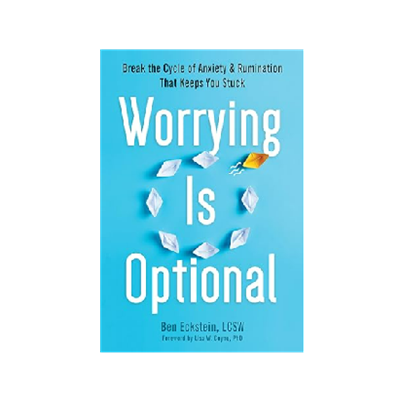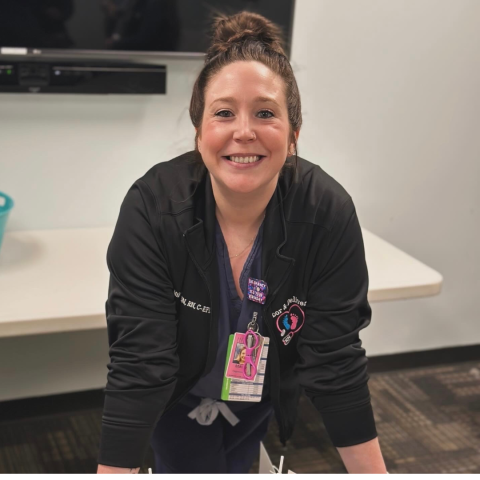GAD: Hard to Recognize
 Generalized anxiety disorder can be hard to recognize because you may not think of yourself as worried or anxious. But if you are having physical pain, or waking up in the night, or sensitive to sounds, or overthinking things, you may have GAD. That's what happened to me.
Generalized anxiety disorder can be hard to recognize because you may not think of yourself as worried or anxious. But if you are having physical pain, or waking up in the night, or sensitive to sounds, or overthinking things, you may have GAD. That's what happened to me.
My diagnosis of GAD came pretty much out of the blue in the middle of a neurologist appointment for migraines earlier this year. At the time, I didn't think my overthinking was "worrying." When I started searching online about GAD, I found that the way people were talking about anxiety didn't feel relevant to me. I had to learn that my anxiety was expressing itself physically. Since then, I've found that many others suffer the same confusion. I work in technology. It's a competitive, stressful world. My hope is that I can share this sort of information for people who are unaware of the many forms that anxiety takes, or who have been told that they have GAD, but don't know what it means.
Let's Look It Up
When I was first diagnosed with GAD, I thought, “Great! Search terms! Let’s get cozy, Google.” I landed on a lot of pages with information, but I found them all very overwhelming. Books and doctors tell you that GAD means you worry about worry, but if you don’t even consider it worry, that doesn’t help. And if you are so habituated to pushing away the worry as a coping mechanism, then again, talking in those terms just leads to more trouble.
Overthinking Everything
For me, GAD meant that I was overthinking nearly everything in my life, scrupulously trying to figure it all out. If a problem came up, I’d write it down and begin my crazed attack in every direction. It also meant I had a ton of crippling shoulder and neck pain. I’d be nauseated frequently, especially on buses. I’d get dizzy occasionally, almost to the point of fainting. It was the physical symptoms that led my neurologist to know I had GAD.
Here’s a recent example of my GAD: We have had a few ants in the bathroom lately. They appeared to be coming through the window. “We should probably replace the window,” was my immediate thought, and suggestion to my husband, even though we can’t afford it.
I don’t see five to ten ants. I see the inevitable 100 to 200 that I imagine will invade and eventually carry off our house. It’s very hard for me to deal with the here and now when I am catastrophizing. (That’s a cognitive distortion. Learning to recognize cognitive distortions is one important element of cognitive-behavioral therapy, the best method for treating GAD.
Be a Friend
The worst era of my anxiety disorder was the time before I knew I had it. I knew something was wrong, but not what. I desperately wanted to figure it out. I’d go down every known avenue trying to get an answer. My diagnosis was one of the best things that’s ever happened to me. I am very thankful for it. I believe that you will feel better if you have GAD. This is a hard-won statement coming from me, a skeptic and not one to placate you the reader. Times are changing. People are talking openly about depression, anxiety, and other forms of mental suffering in a way that they never did before.
As a friend, you can help by gently encouraging any friends with GAD to go easy on themselves and stay grounded in the moment. Send them a link to this piece. Do it with love.
Meredith Arthur works in technology on creative and useful products. Read her blog here.















